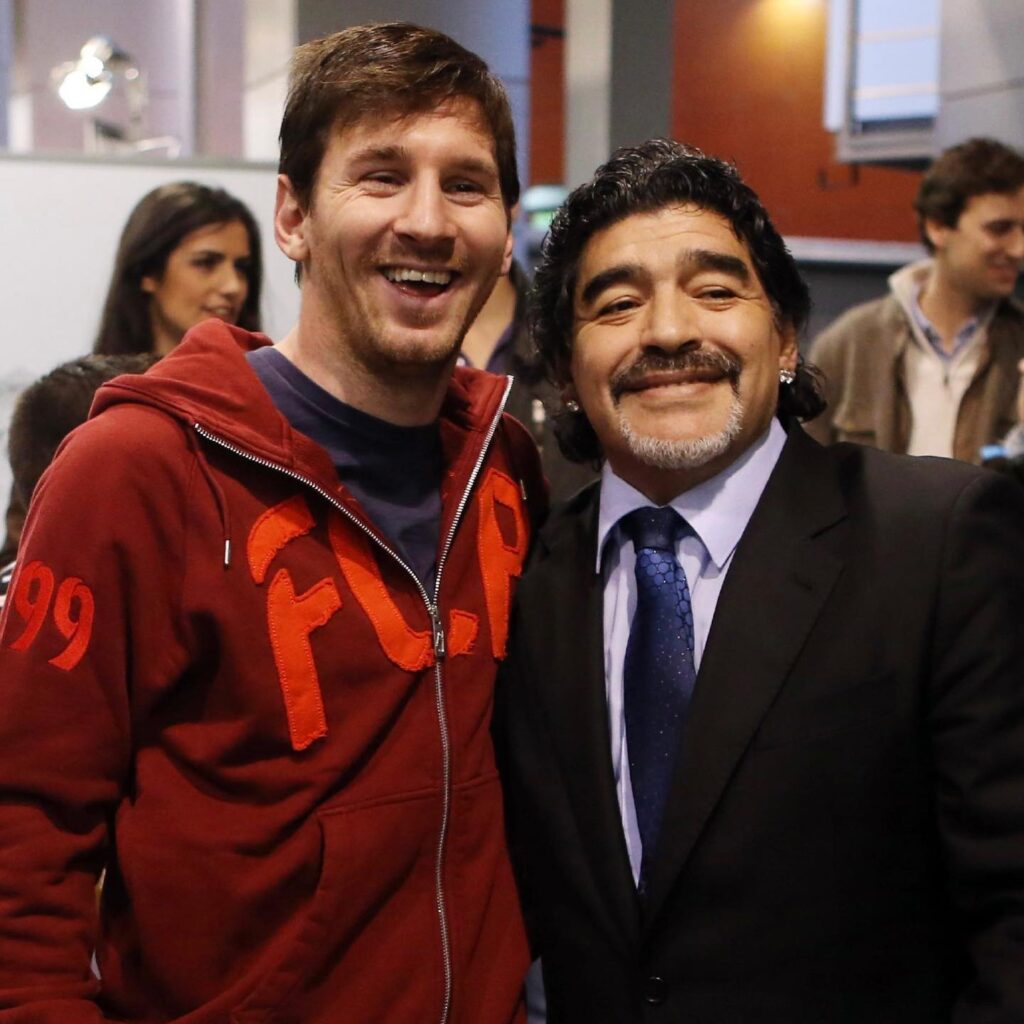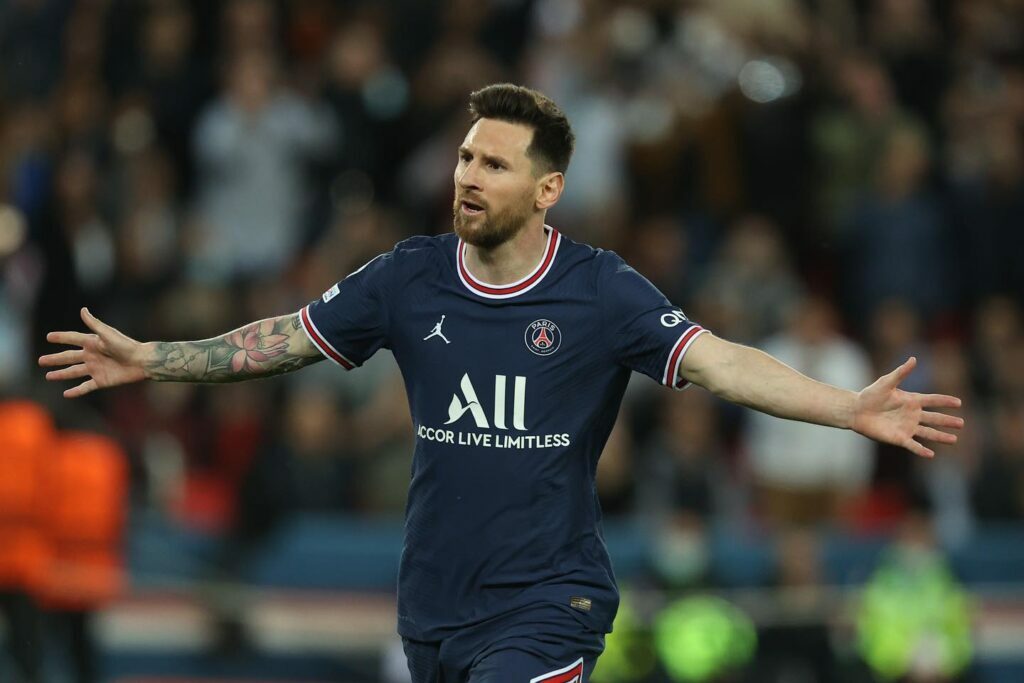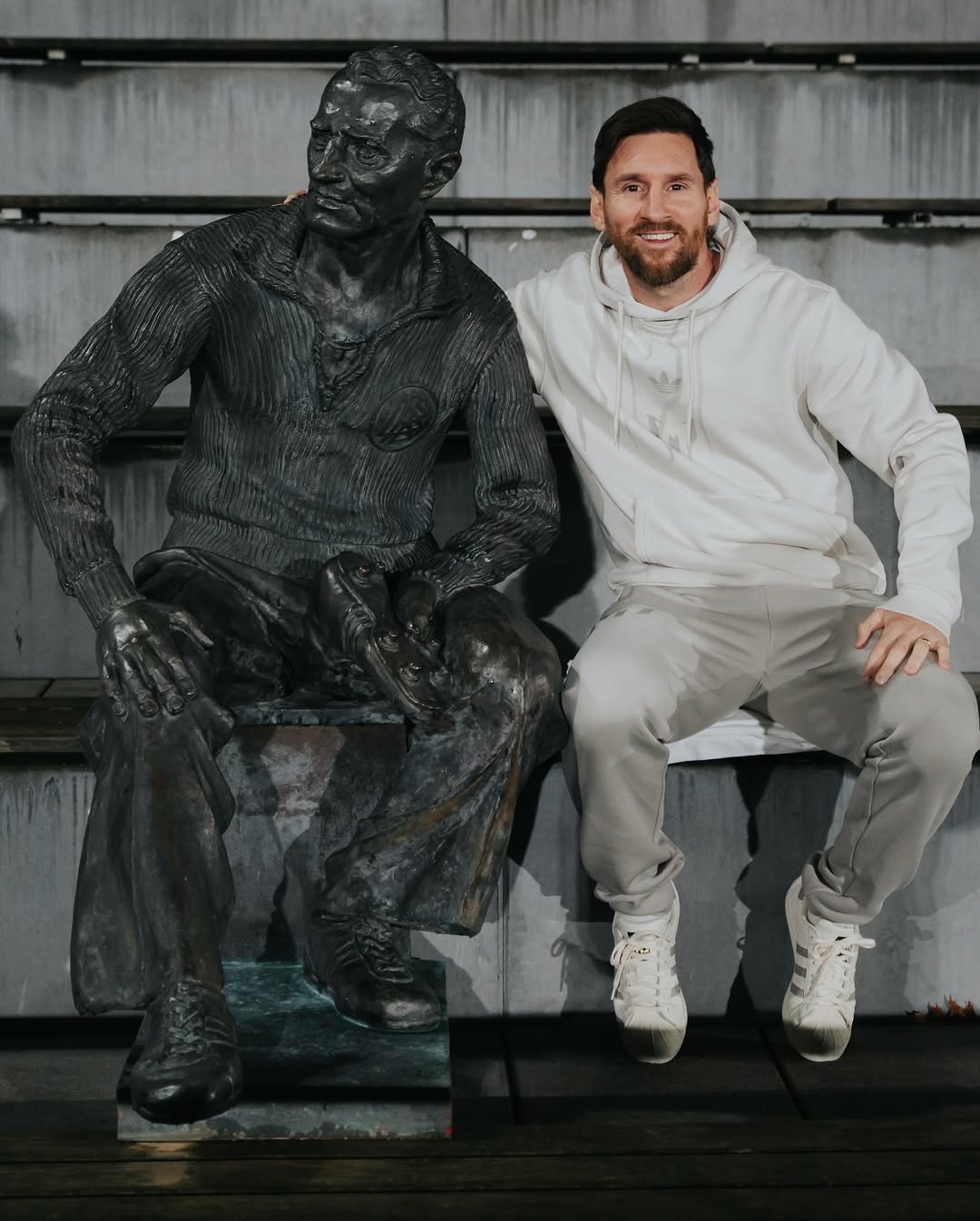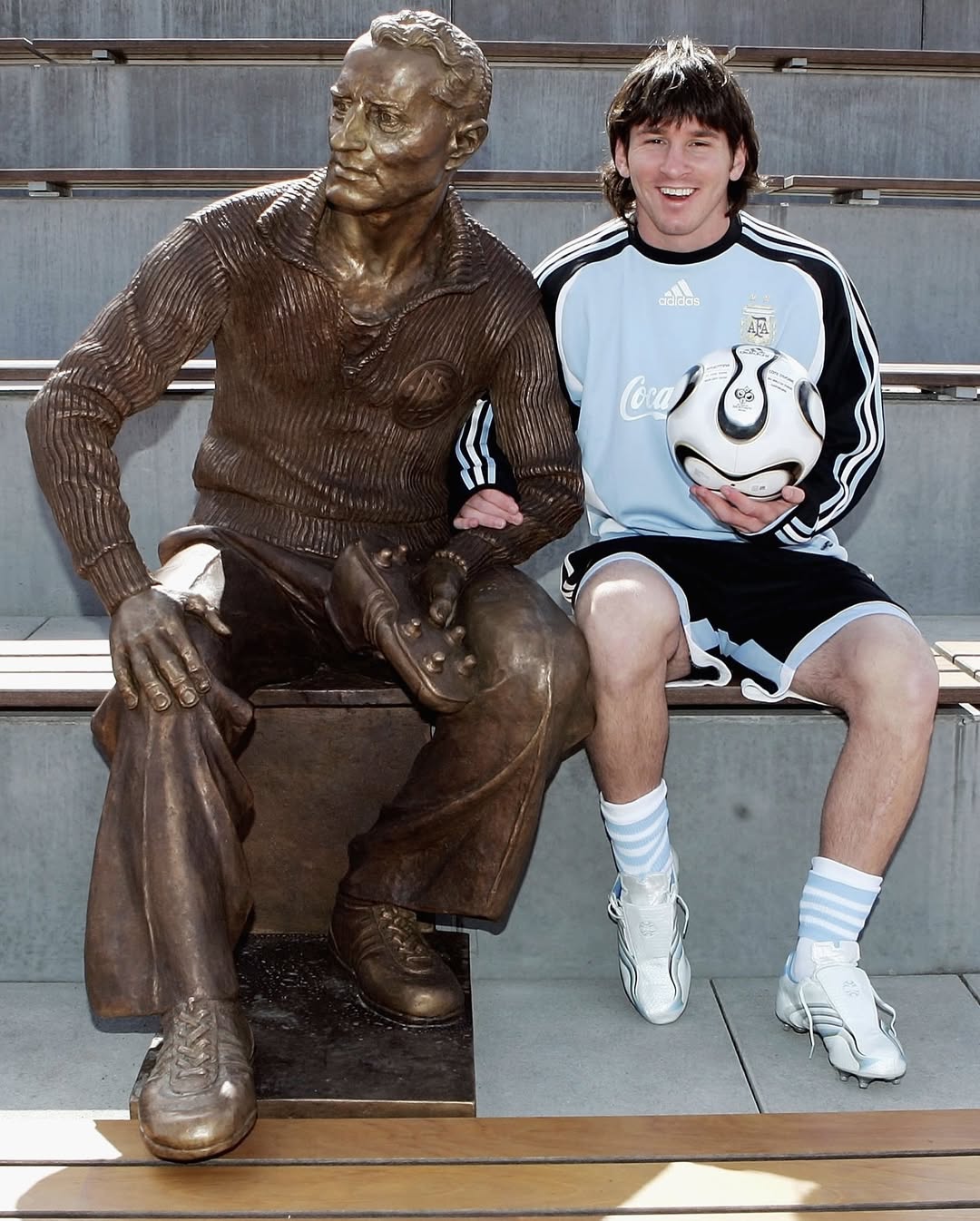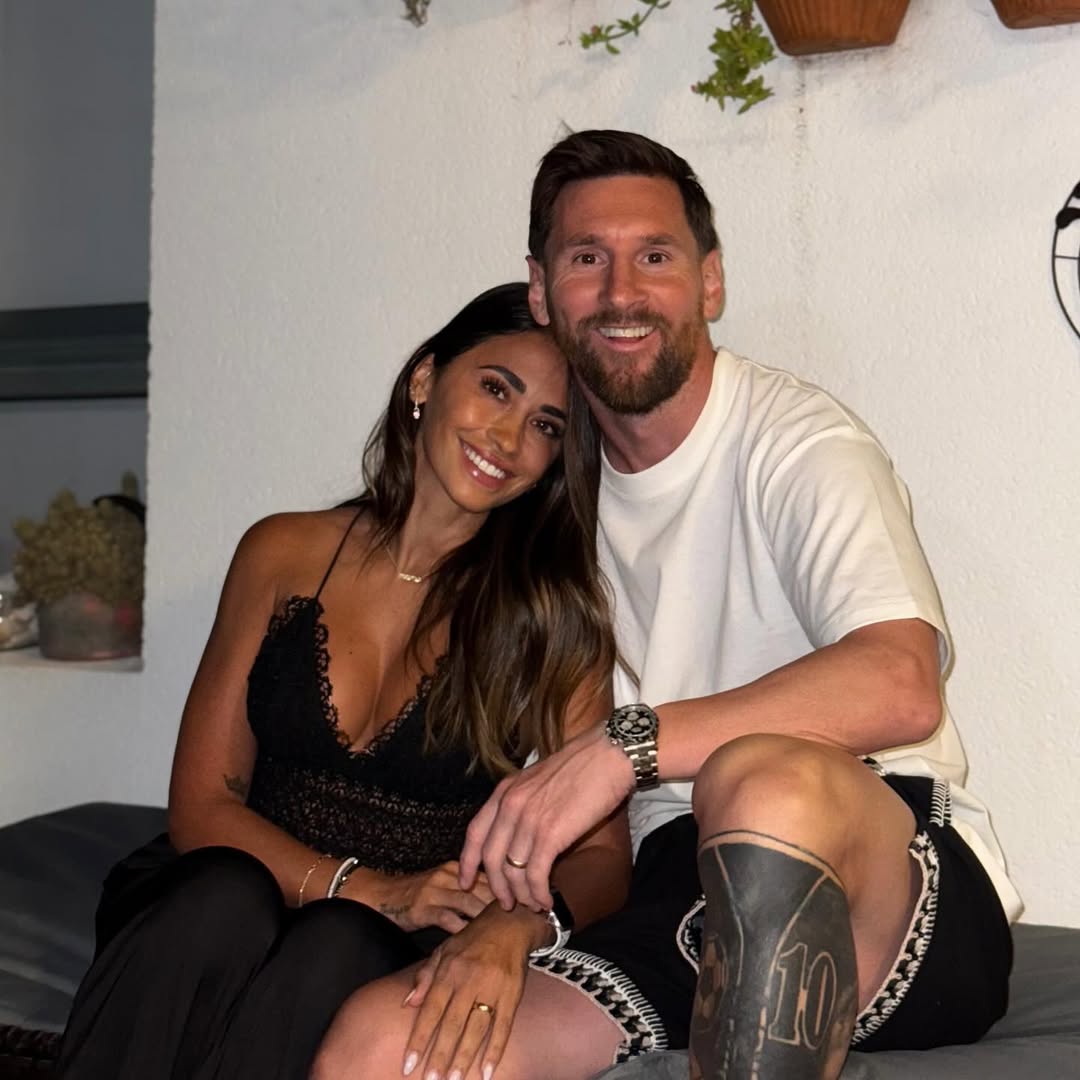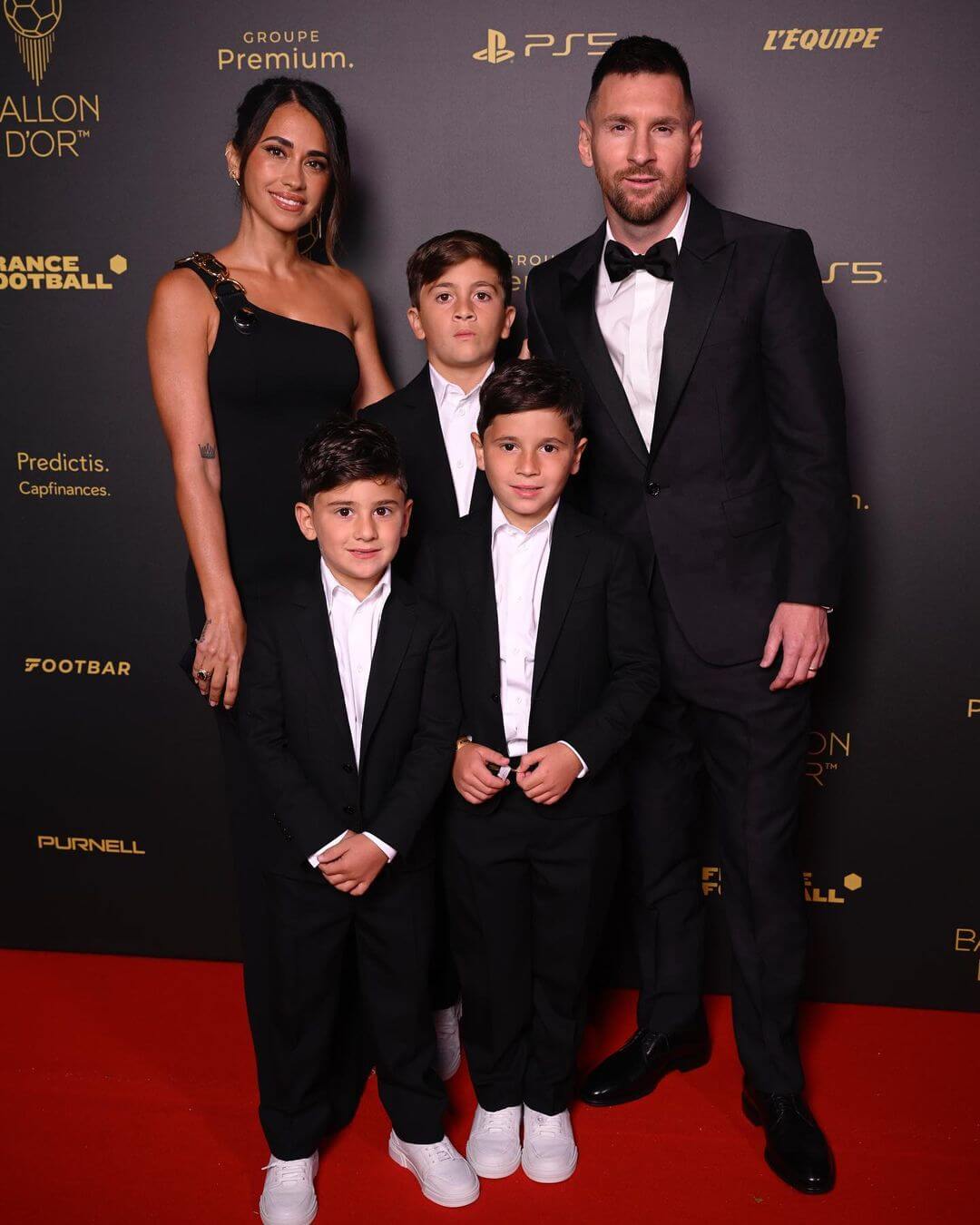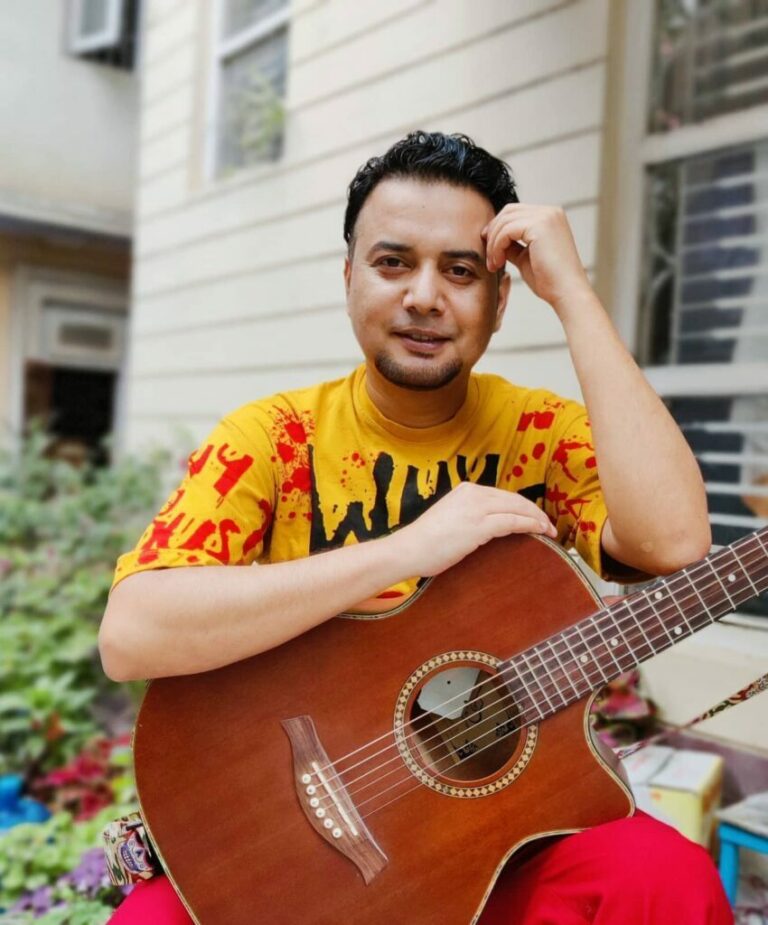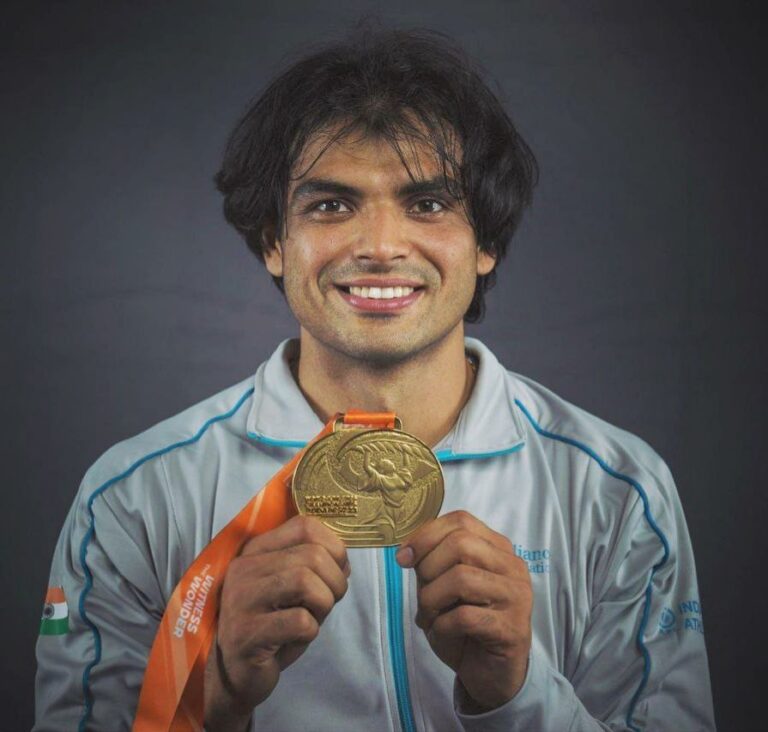Lionel Messi
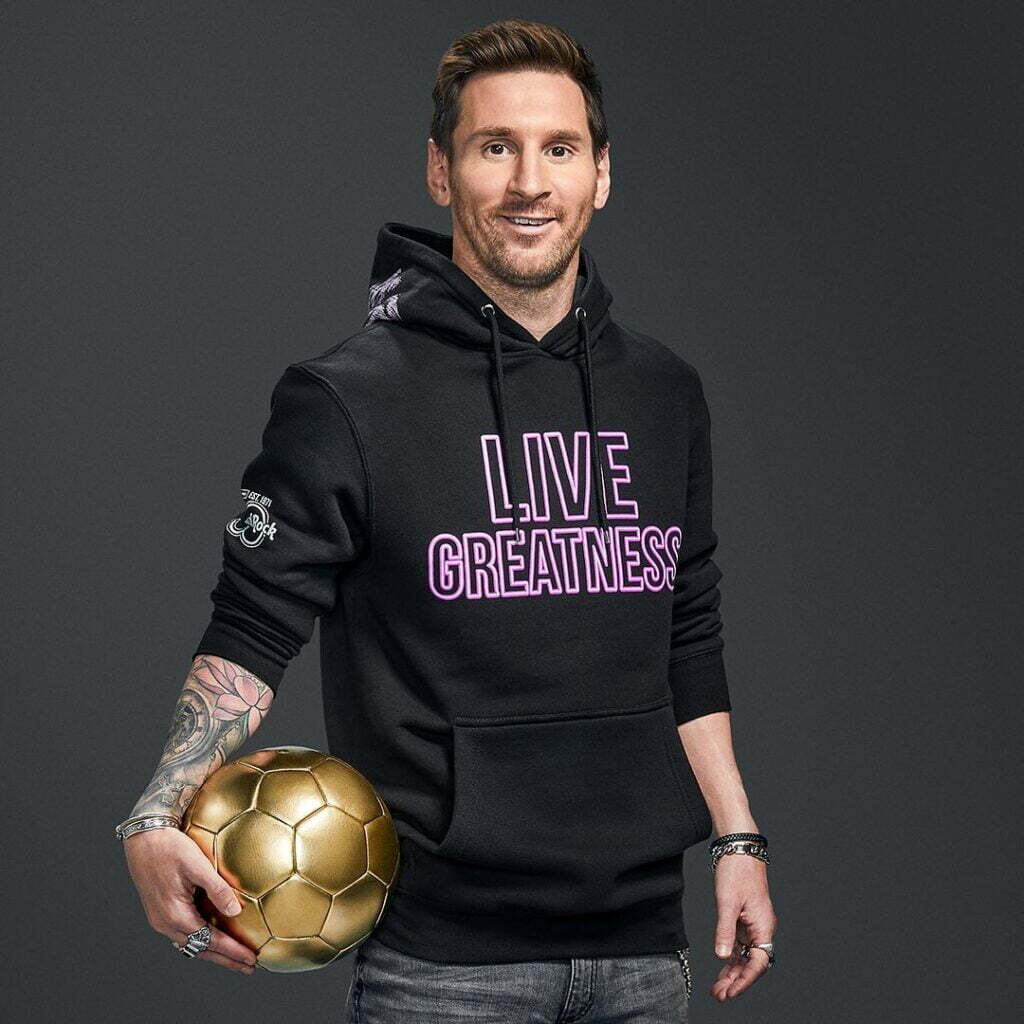
Photo Gallery
Who is Lionel Messi?
Lionel Andrés Messi (born June 24, 1987) is an Argentine professional footballer who plays as a forward and captains both Major League Soccer club Inter Miami and the Argentina national team. Considered one of the greatest players of all time, Messi has amassed an unparalleled collection of accolades, including eight Ballon d’Or awards and being named the world’s best player by FIFA eight times. He is the most decorated footballer in history, with 45 team trophies, including twelve Big Five league titles, four UEFA Champions Leagues, two Copa Américas, and one FIFA World Cup. Messi also holds numerous records, including the most European Golden Shoes (6), the most goals for a single club (672 with Barcelona), and the most goals (474), hat-tricks (36), and assists (192) in La Liga. He is the all-time top scorer and leader in several other categories for both La Liga and international tournaments, including the Copa América and World Cup.
Born in Rosario, Argentina, Messi moved to Spain at age 13 to join Barcelona, making his debut at 17 in October 2004. By 2008–09, he helped Barcelona achieve its first-ever treble, and he won the first of four consecutive Ballon d’Ors that year. In 2011–12, Messi broke both La Liga and European records for most goals in a season. Over the following seasons, he consistently outshone rivals like Cristiano Ronaldo, and by 2015, he had led Barcelona to a second treble while earning his fifth Ballon d’Or. Messi became Barcelona’s captain in 2018 and won a record sixth Ballon d’Or in 2019. Throughout his tenure at the club, he won 34 trophies, including ten La Liga titles and four UEFA Champions Leagues. In 2021, he transferred to Paris Saint-Germain, where he won two Ligue 1 titles, before joining Inter Miami in 2023, where he set a club record for goals scored by his second season.
On the international stage, Messi is Argentina’s all-time leading goal scorer and most-capped player. His playing style, characterized by his dribbling and left-footed finesse, has often drawn comparisons to Diego Maradona, who regarded Messi as his successor. Messi’s international career includes a FIFA World Youth Championship in 2005, a gold medal at the 2008 Olympics, and multiple appearances in World Cup and Copa América finals. After falling short in three consecutive finals (2014 World Cup, 2015 Copa América, and Copa América Centenario), Messi led Argentina to victory in the 2021 Copa América, earning the tournament’s best player award. He further cemented his legacy by leading Argentina to win the 2022 FIFA World Cup, marking the nation’s first title in 36 years and Messi’s seventh Ballon d’Or.
Off the pitch, Messi has been an Adidas endorser since 2006 and was ranked the world’s highest-paid footballer for five years between 2009 and 2014. He was named Forbes’ highest-paid athlete in 2019 and 2022. He has also earned numerous accolades, including being listed among Time’s 100 most influential people in the world in 2011, 2012, and 2023, and winning the Laureus World Sportsman of the Year in 2020 and 2023. In 2023, Messi was named Time’s Athlete of the Year and was awarded the Presidential Medal of Freedom in 2024. Additionally, he was a member of the Ballon d’Or Dream Team in 2020 and became the second athlete in team sports to surpass $1 billion in career earnings.
Quick Details
| Full name | Lionel Andrés Messi |
| Also Known As | Lionel Messi or Messi |
| Nickname | Leo, Lio, Pulga |
| Date of birth | June 24, 1987 |
| Birthplace | Rosario, Santa Fe, Argentina |
| Nationality | Argentinian |
| Gender | Male |
| Birthday | June 24 |
| Age | 37 |
| Height | 1.70 m (5 ft 7 in) |
| Position | Supporting striker, Attacking Midfielder, Striker |
| Current team | Inter Miami |
| Number | 10 shirt for Argentina, FC Barcelona and Inter Miami 30 shirt for Paris Saint-Germain |
| Parents | Jorge Messi Celia María Cuccittini |
| Siblings | Maria Sol Messi, Matias Messi, Rodrigo Messi |
| Status | Married |
| Spouse | Antonella Roccuzzo (2017) |
| Children | 3 (Ciro Messi Roccuzz, Mateo Messi, Thiago Messi) |
| Profession | Footballer |
| Social media links | Website, Facebook, Instagram, YouTube |
Early Life & Education
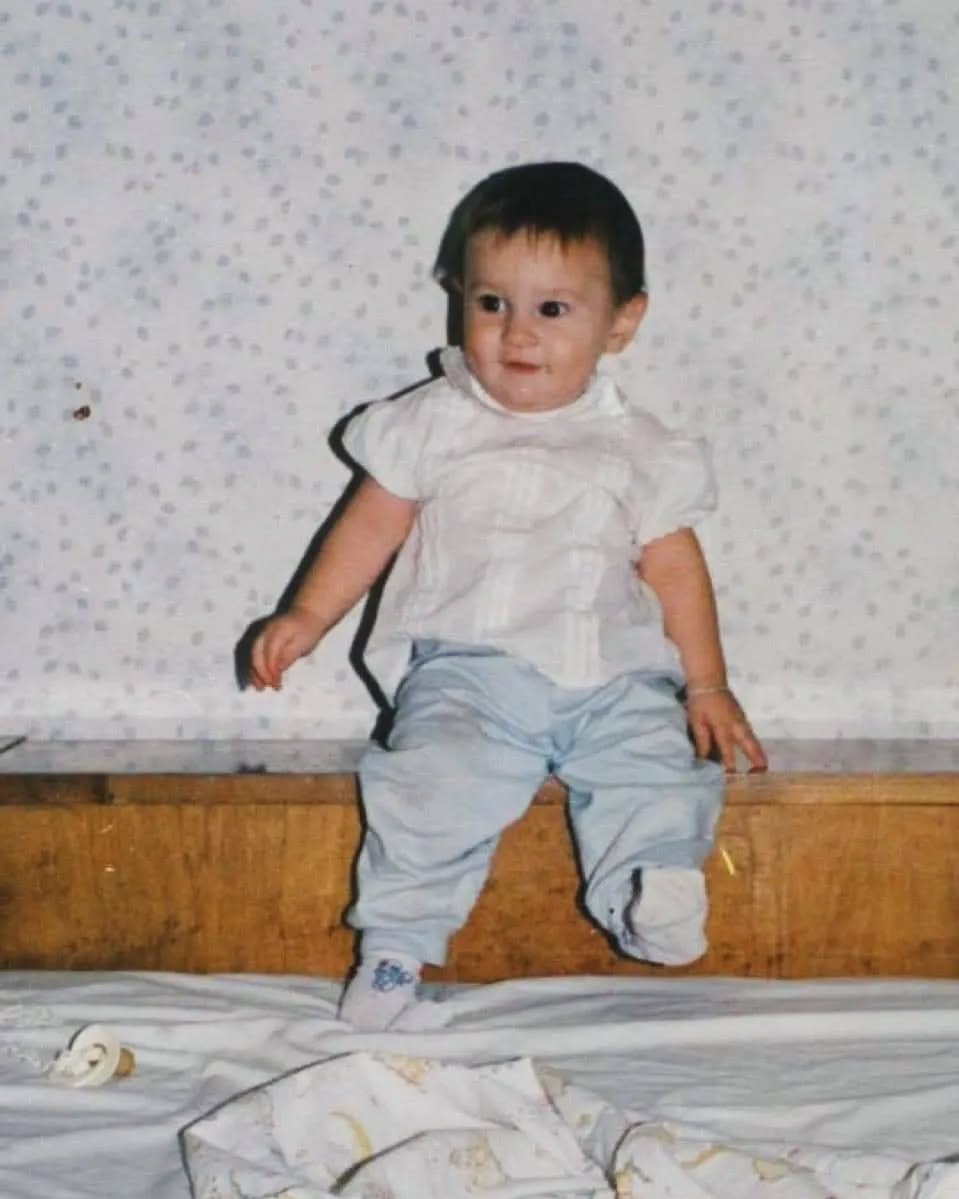
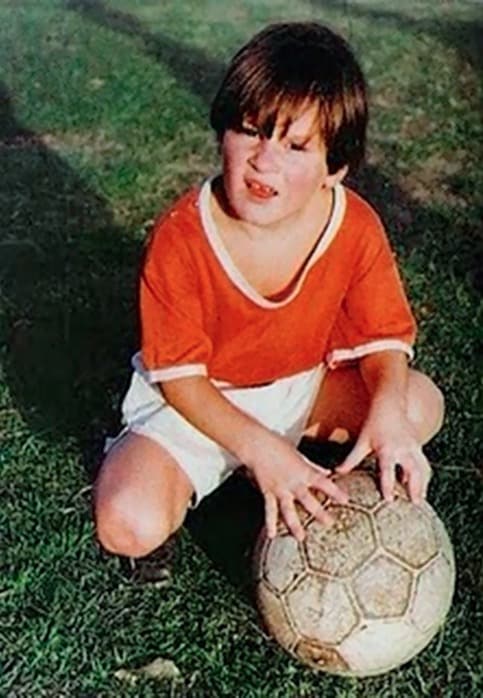
Lionel Messi was born on June 24, 1987, in Rosario, Santa Fe Province, Argentina, as the third of four children to Jorge Messi, a steel factory manager, and Celia Cuccittini, who worked in a magnet manufacturing workshop. On his father’s side, Messi has Italian and Spanish roots, with great-grandparents who immigrated from the Marche region of Italy. His maternal side is predominantly of Italian descent. Growing up in a football-loving family, Messi developed a passion for the sport early on, playing with his older brothers, Rodrigo and Matías, and his cousins, Maximiliano and Emanuel Biancucchi, both of whom became professional footballers.
At just four years old, Messi joined local club Grandoli, where his father coached him. However, his biggest early influence as a player was his maternal grandmother, Celia, who accompanied him to training and matches. Her death, just before Messi’s eleventh birthday, had a profound impact on him. Since then, Messi has honored her memory by looking up and pointing to the sky after every goal, as a tribute to her.
Career
Youth career
A lifelong fan of Newell’s Old Boys, Lionel Messi joined the Rosario club at age seven. He quickly became a standout player, scoring nearly 500 goals as part of “The Machine of ’87,” a dominant youth team. Messi idolized Brazilian striker Ronaldo, calling him “the best forward I’ve ever seen.” However, his professional future was at risk when, at age 10, he was diagnosed with a growth hormone deficiency. His father’s health insurance covered only two years of treatment, and Newell’s initially promised to help but later withdrew their support. Despite this setback, Messi impressed River Plate scouts, but his transfer was blocked by Newell’s.
In 2000, Messi’s family sought a trial with Barcelona. Although the club hesitated due to Messi’s young age, first-team director Charly Rexach offered him a contract on a napkin. The family moved to Barcelona in 2001, where Messi faced challenges adapting to life in Spain. He struggled with homesickness, and his quiet nature led teammates to initially think he was mute. However, after joining La Masia, Barcelona’s youth academy, Messi’s skills flourished, and by 2002, he was playing in all competitions and forging close friendships with future stars like Cesc Fàbregas and Gerard Piqué.
Messi’s rise was meteoric: he became the top scorer for Barcelona’s Cadetes A youth team in 2002–03, netting 36 goals in 30 games. His standout performance in the Copa Catalunya final, after recovering from a broken cheekbone, became legendary. At 16, he made his first-team debut during a friendly against Porto, and soon, Messi’s exceptional skills caught the eye of senior players, including Ronaldinho, who predicted the young star would surpass him. Messi continued to impress, playing for both Barcelona C and B teams, and by 2004, he signed his first professional contract with the club, which included a buyout clause that would rise as he advanced. His growth as a player was also physical, as he worked hard to build strength to compete with older opponents. By season’s end, Messi had scored 36 goals across various youth teams, solidifying his place as one of Barcelona’s brightest prospects.
Club career
Messi started the 2004–05 season as a key player for Barcelona B, but after lobbying from senior players, manager Frank Rijkaard promoted him to the first team. He made his La Liga debut on 16 October 2004 and scored his first goal on 1 May 2005 against Albacete, becoming the club’s youngest-ever scorer at the time. At just 17 years old, Messi became the youngest player to represent Barcelona in an official competition. That season, Barcelona won La Liga.
On his 18th birthday, Messi signed his first senior contract, which was later extended until 2014. The following season, Barcelona won the Supercopa de España, La Liga, and the UEFA Champions League, although Messi missed the Champions League final due to injury. In the 2006–07 season, Messi made headlines by scoring a hat-trick in a Clásico against Real Madrid and drawing comparisons to Diego Maradona with his stunning goals against Getafe and Espanyol. However, Barcelona ended the season with just one trophy, the 2006 Supercopa de España.
Under new manager Pep Guardiola in 2008–09, Messi became the focal point of Barcelona’s attacking system. He scored 38 goals that season, helping Barcelona achieve a historic treble by winning La Liga, the Copa del Rey, and the Champions League. Messi also played a key role in the team’s 6–0 win over Real Madrid at the Santiago Bernabéu.
In 2009, Messi led Barcelona to win the Supercopa de España, UEFA Super Cup, and FIFA Club World Cup, marking the first-ever sextuple in football history. He finished as the Champions League’s top scorer and won both the Ballon d’Or and FIFA World Player of the Year awards. By the end of the 2009–10 season, Messi had scored 47 goals across all competitions, equaling Ronaldo’s club record from 1996–97 and winning his first European Golden Shoe.
In the 2010–11 season, Messi won the Supercopa de España, Champions League, and a third consecutive La Liga title, and secured his second consecutive Ballon d’Or. He also became Barcelona’s all-time single-season top scorer with 53 goals. The following season, Messi continued his dominance by securing both the Spanish and European Super Cups and winning his third Ballon d’Or, joining an elite group of players to win the prestigious award three times. He also became the top scorer in four Champions League campaigns and broke Barcelona’s all-time scoring record at just 24 years old. Messi’s 50 goals in La Liga that season set a new record, and his 73 goals across all competitions made him the top scorer in European football for the year. Barcelona also won the Copa del Rey, marking another successful season under Guardiola.
At the start of the 2012–13 season, Messi became Barcelona’s all-time top scorer in La Liga and broke Gerd Müller’s calendar-year goal record, scoring a total of 91 goals in 2012 for both Barcelona and Argentina. He won the FIFA Ballon d’Or for the fourth time, making history as the first player to achieve this. Messi signed a contract extension through 2018 and wore the captain’s armband for the first time in a league match against Rayo Vallecano. Barcelona won La Liga that year, with Messi finishing as the league’s top scorer for the second consecutive year and winning his third European Golden Shoe.
In the 2013–14 season, Messi’s output dropped, and Barcelona ended the season without a major trophy, despite his 41 goals across all competitions. To help ease the burden on Messi, Barcelona signed Brazilian forward Neymar. In 2014–15, Barcelona hired Luis Enrique as manager, and Messi formed a lethal attacking trio with Neymar and Luis Suárez, known as “MSN.” The trio broke numerous goalscoring records, with Messi scoring 58 goals in a treble-winning season for Barcelona, which included La Liga, the Copa del Rey, and the Champions League.
Messi continued to shine in 2015–16, winning the UEFA Super Cup, FIFA Club World Cup, La Liga, and the Copa del Rey, and earning his fifth Ballon d’Or. The attacking trio of Messi, Neymar, and Suárez broke their own goalscoring record, reaching 131 goals. In the 2016–17 season, Messi helped Barcelona win the Supercopa de España and the Copa del Rey, finishing with 54 goals, and earning his fourth European Golden Boot.
The 2017–18 season saw Messi lead Barcelona to a domestic double, securing La Liga and the Copa del Rey. Messi won his fifth European Golden Shoe and became Barcelona’s new captain after Andrés Iniesta’s departure. In 2018–19, Messi helped Barcelona win the Supercopa de España and clinch the La Liga title, his tenth, and was awarded his sixth Golden Boot.
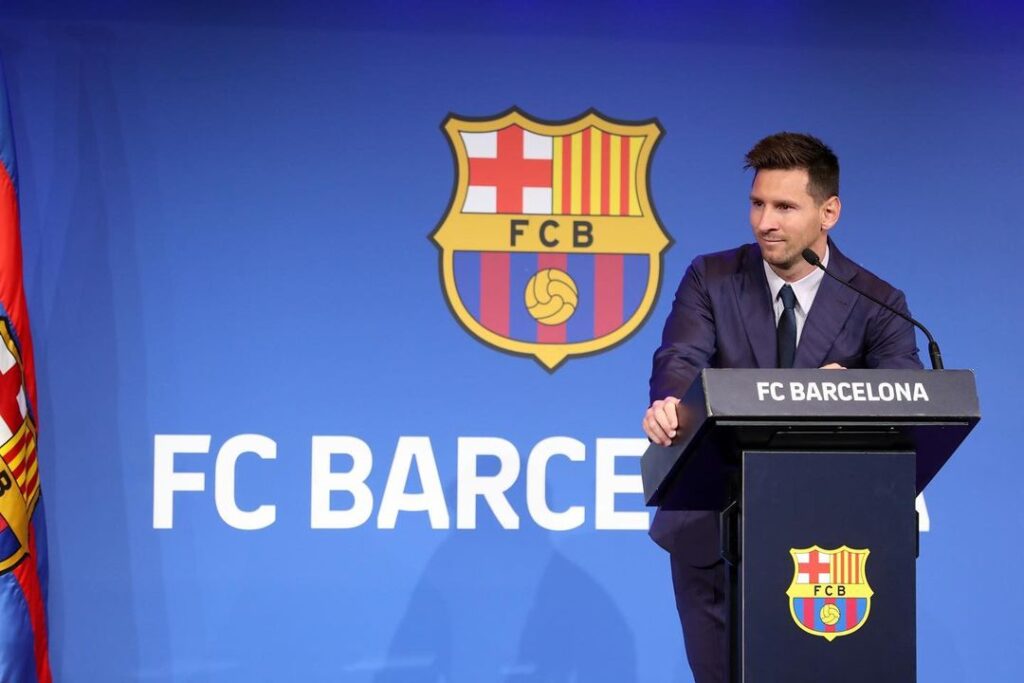
In the 2019–20 season, Messi won his sixth Ballon d’Or, but Barcelona went trophyless. After a disappointing season, Messi expressed his desire to leave the club, though he stayed for the final year of his contract. In the 2020–21 season, Messi surpassed Xavi’s appearance record and led Barcelona to the Copa del Rey title. His final seasons with Barcelona saw him lead La Liga in goal scoring, securing a record eight Pichichi trophies.
Messi became a free agent after his contract expired in 2021. Due to Barcelona’s financial issues and La Liga regulations, Messi’s departure was confirmed in an emotional press conference at Camp Nou.
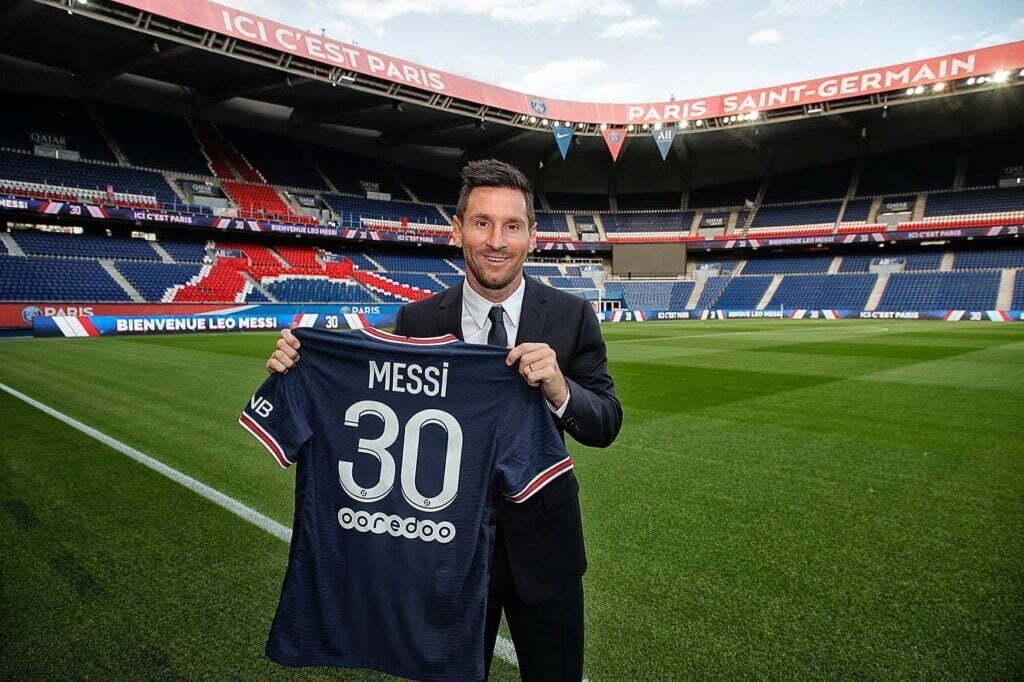
On 10 August 2021, Messi joined Paris Saint-Germain (PSG) on a two-year deal, reuniting with Neymar. He wore the number 30 shirt, the same number he had during his Barcelona debut. Messi made his PSG debut against Reims, his first start and Champions League debut against Club Brugge, and his home debut against Lyon. He scored his first goal for PSG in a Champions League win over Manchester City. Messi won his record seventh Ballon d’Or after leading Argentina to a Copa América victory, and finished his debut PSG season with 11 goals and 14 assists, helping PSG secure their 10th Ligue 1 title.
In the 2022–23 season, Messi won the Trophée des Champions and broke the record for most goals in European club football, surpassing Cristiano Ronaldo. He also reached 1,000 career goal contributions. Messi finished the season with 21 goals and 16 assists, helping PSG win their 11th Ligue 1 title. However, after the final match of the season, PSG confirmed Messi’s departure.
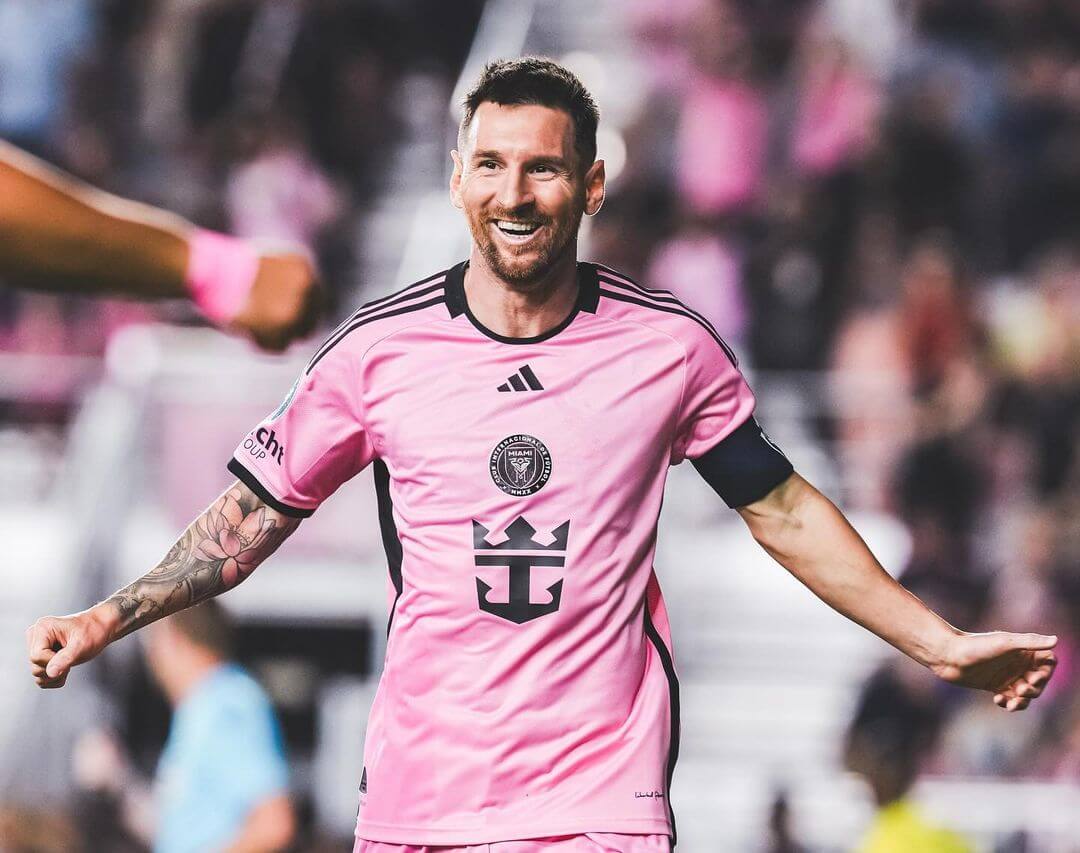
On 15 July 2023, Messi signed a two-and-a-half-year contract with Major League Soccer (MLS) club Inter Miami CF. He made his debut with a stoppage-time free-kick against Cruz Azul, scoring nine goals in his first six games. Messi helped Miami win the Leagues Cup, the club’s first-ever trophy, and made his MLS debut against New York Red Bulls. Despite Miami missing the playoffs, Messi won his eighth Ballon d’Or and was named Time Athlete of the Year.
In 2024, Messi broke the MLS record for most assists in a single game, registering five assists in one match. He also set the record for most goal contributions in an MLS game with six. Messi scored a brace against Columbus Crew, helping Miami clinch the Supporters’ Shield and finish the regular season with a league-record 74 points. He scored his first MLS hat-trick in a 6–2 win over New England Revolution, finishing the season with 20 goals and 16 assists. Messi became Inter Miami’s all-time leading goalscorer.
Miami reached the 2024 MLS Cup playoffs, but were eliminated in the first round by Atlanta United. Messi scored his first postseason goal in a 3–2 loss. He was named the MLS Most Valuable Player for the regular season.
International career
Messi, eligible to play for both Argentina and Spain due to his dual nationality, chose to represent Argentina. He debuted for Argentina’s U-20 team in 2004 and led them to victory in the 2005 FIFA World Youth Championship, winning the Golden Ball. His senior debut for Argentina came in 2005, and he scored his first international goal in 2006. He made his World Cup debut in 2006, becoming the youngest player to represent and score for Argentina in a World Cup. In 2008, Messi led Argentina’s U23 team to the Olympic gold medal, scoring two goals and providing three assists.
After Juan Román Riquelme’s retirement, Messi took over the Argentina number 10 shirt. He captained Argentina for the first time in a 2010 World Cup group stage match against Greece. Despite Argentina’s quarterfinal exit in the 2010 World Cup and Messi’s failure to score, he was named one of the tournament’s top 10 players. The 2011 Copa América saw Messi unable to score but provide three assists, as Argentina lost to Uruguay in penalties.
In the 2014 World Cup, Messi led Argentina to the final, where they lost to Germany. He won the Golden Ball as the tournament’s best player with four goals and an assist. In 2015 and 2016, Messi’s Argentina lost to Chile in consecutive Copa América finals on penalties, with Messi rejecting the Golden Ball award in 2015. In 2016, Messi surpassed Gabriel Batistuta as Argentina’s all-time leading goalscorer during the Copa América Centenario.
After losing three consecutive finals, Messi briefly retired from international football, but was persuaded to return. He played a key role in Argentina qualifying for the 2018 World Cup, securing their place with a hat-trick against Ecuador. Argentina were eliminated in the Round of 16 by France. Under new coach Lionel Scaloni, Messi returned to the 2019 Copa América, but Argentina finished third after losing to Brazil in the semi-finals.
In 2021, Messi finally won his first international title with Argentina, claiming the Copa América after defeating Brazil in the final. He was directly involved in nine of Argentina’s 12 goals throughout the tournament. Messi also led Argentina to victory in the 2022 Finalissima against Italy, where he was named player of the match. At the 2022 World Cup, Messi led Argentina to its first World Cup victory in 36 years, defeating France in the final. He won the Golden Ball for a record second time and set records for most World Cup appearances (26) and most goal contributions (21).
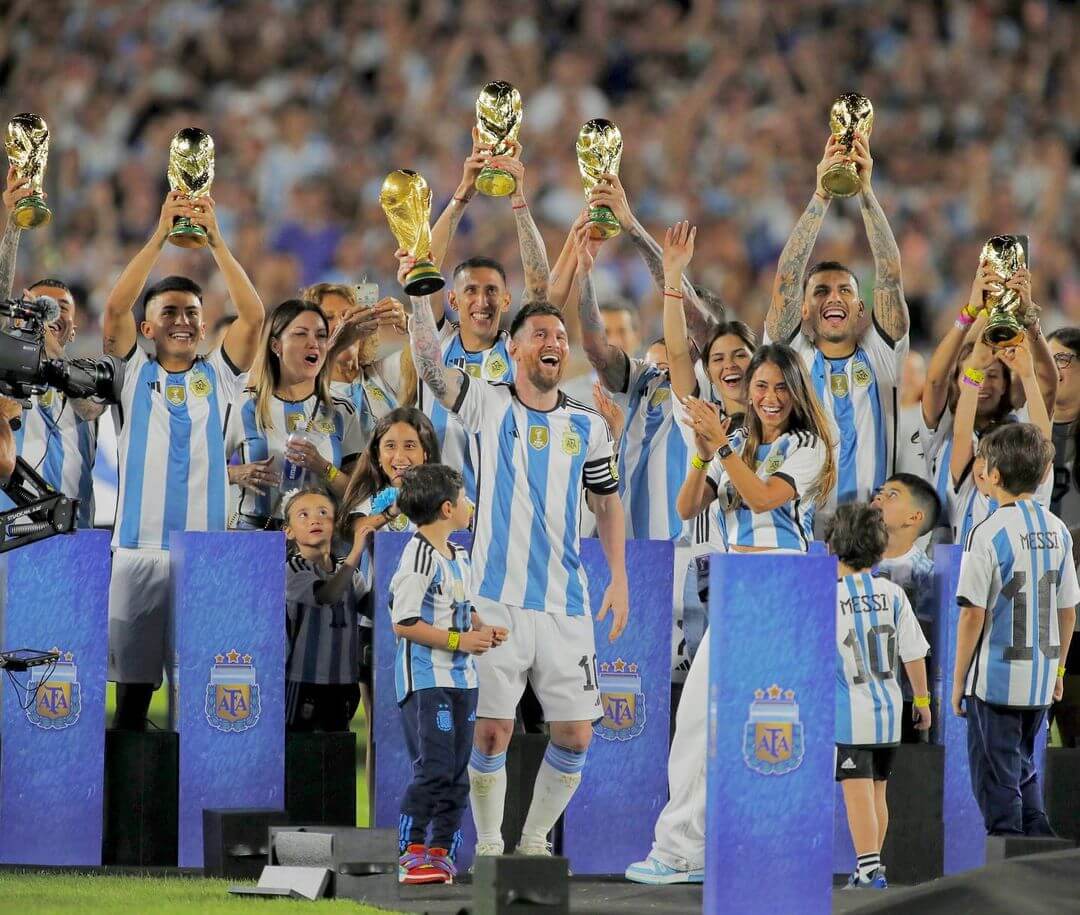
Messi reached his 100th international goal in 2023 and became the all-time top goalscorer in CONMEBOL World Cup qualifiers. In 2024, he scored in the Copa América semi-final against Canada, leading Argentina to win their second consecutive Copa América title and their third straight international tournament under his captaincy.
Personal Life
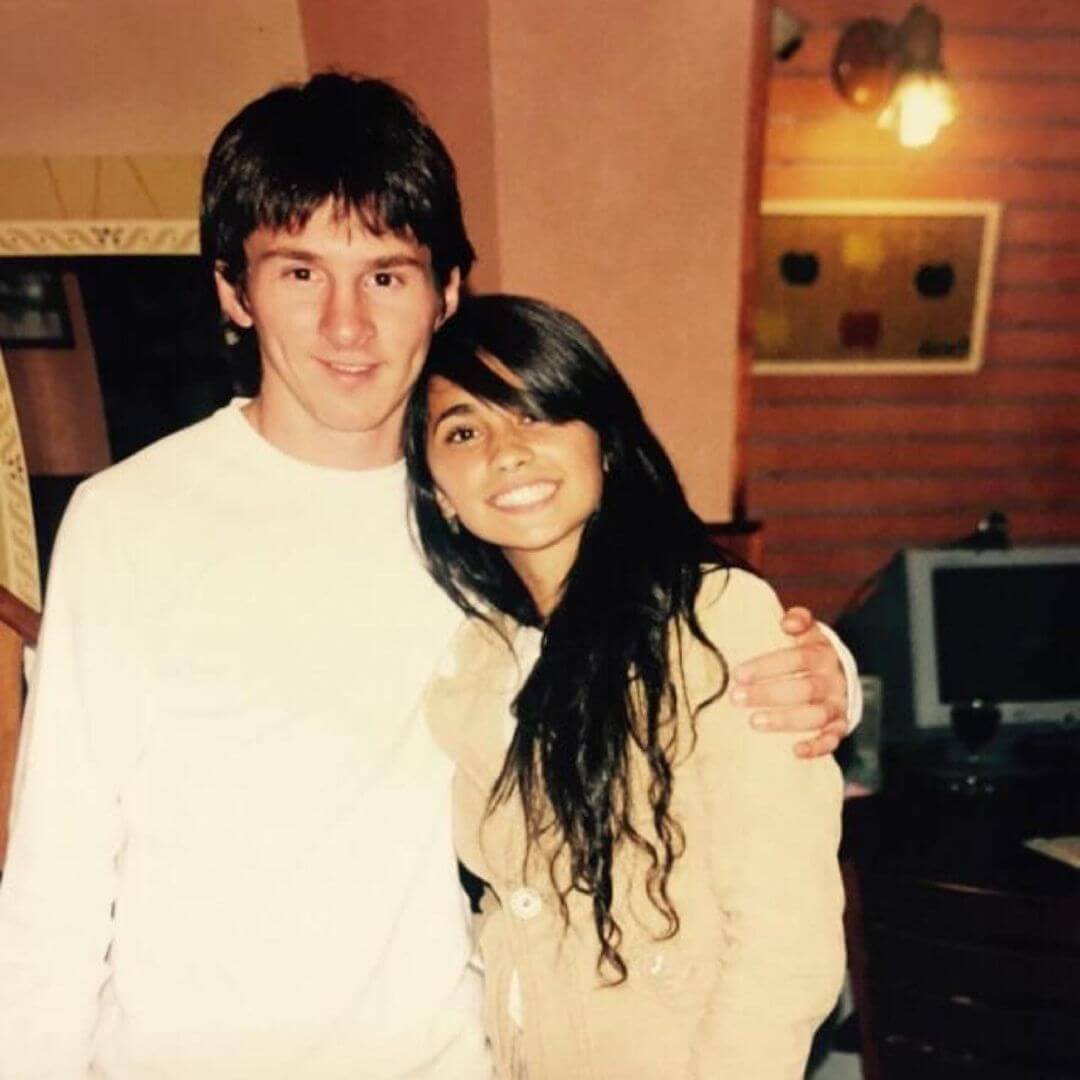
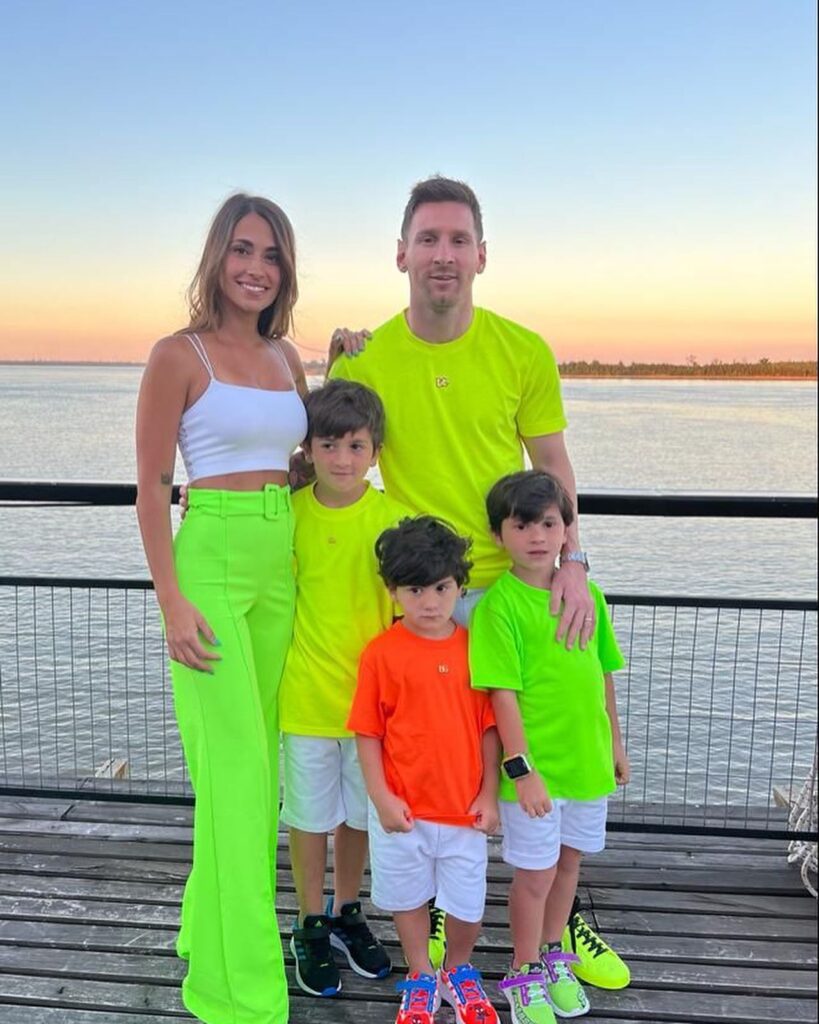
Since 2008, Messi has been in a relationship with Antonela Roccuzzo, whom he married on 30 June 2017 in their hometown of Rosario. The couple has known each other since childhood, as Roccuzzo is the cousin of Messi’s childhood best friend, Lucas Scaglia, a fellow football player. After a year of keeping their relationship private, Messi confirmed it in an interview in January 2009, later going public in February 2009 during a carnival in Sitges.
The couple has three sons. Messi celebrated Antonela’s first pregnancy in 2012 by placing the ball under his shirt after scoring in a match against Ecuador, later confirming the pregnancy. Their first son, Thiago, was born in Barcelona on 2 November 2012. Messi later confirmed they were expecting a second child in 2015, followed by the announcement of their third pregnancy in 2017. Messi and his family practice Catholicism.
Messi is close with his immediate family, particularly his mother, Celia, whose face is tattooed on his left shoulder. His professional life is managed by his family; his father, Jorge, has been his agent since he was 14, and his older brother, Rodrigo, handles his daily schedule and publicity. His mother and other brother, Matías, are involved in managing the Leo Messi Foundation and other personal matters in Rosario.
Despite moving to Spain at 13, Messi has remained deeply connected to his hometown of Rosario. He keeps the family’s old house and maintains a penthouse apartment for his mother, along with a family compound near the city. Messi is known to travel back to Rosario to spend time with his family when possible. He stays in contact daily with a small group of close friends from his time at Newell’s Old Boys. Though there was a period of tension with the club after his move to Barcelona, their relationship improved by 2012, with Newell’s embracing their connection to Messi.
Messi holds triple citizenship—Argentine, Italian, and Spanish. He has long expressed a desire to return to Rosario to finish his playing career at Newell’s.
Honours
Barcelona
- La Liga: 2004–05, 2005–06, 2008–09, 2009–10, 2010–11, 2012–13, 2014–15, 2015–16, 2017–18, 2018–19
- Copa del Rey: 2008–09, 2011–12, 2014–15, 2015–16, 2016–17, 2017–18, 2020–21
- Supercopa de España: 2006, 2009, 2010, 2011, 2013, 2016, 2018
- UEFA Champions League: 2005–06, 2008–09, 2010–11, 2014–15
- UEFA Super Cup: 2009, 2011, 2015
- FIFA Club World Cup: 2009, 2011, 2015
Paris Saint-Germain
- Ligue 1: 2021–22, 2022–23
- Trophée des Champions: 2022
Inter Miami
- Leagues Cup: 2023
Argentina U20
- FIFA World Youth Championship: 2005
Argentina U23
- Olympic Gold Medal: 2008
Argentina
- FIFA World Cup: 2022
- Copa América: 2021
- CONMEBOL–UEFA Cup of Champions: 2022
Individual
- Ballon d’Or/FIFA Ballon d’Or: 2009, 2010, 2011, 2012, 2015, 2019, 2021, 2023
- FIFA World Player of the Year: 2009
- The Best FIFA Men’s Player: 2019, 2022, 2023
- European Golden Shoe: 2009–10, 2011–12, 2012–13, 2016–17, 2017–18, 2018–19
- FIFA World Cup Golden Ball: 2014, 2022
- FIFA World Cup Silver Boot: 2022
- FIFA Club World Cup Golden Ball: 2009, 2011
- FIFA U-20 World Cup Golden Ball: 2005
- FIFA U-20 World Cup Golden Boot: 2005
- UEFA Club Footballer of the Year: 2008–09
- UEFA Men’s Player of the Year Award: 2010–11, 2014–15
- UEFA Champions League top scorer: 2008–09, 2009–10, 2010–11, 2011–12, 2014–15, 2018–19
- Copa América Best Player: 2015, 2021
- Copa América Top Goalscorer: 2021
- La Liga Best Player: 2008–09, 2009–10, 2010–11, 2011–12, 2012–13, 2014–15
- Pichichi Trophy: 2009−10, 2011–12, 2012−13, 2016–17, 2017−18, 2018–19, 2019–20, 2020–21
- Laureus World Sportsman of the Year: 2020, 2023
- Ballon d’Or Dream Team: 2020
- FIFA FIFPRO World 11: 2007, 2008, 2009, 2010, 2011, 2012, 2013, 2014, 2015, 2016, 2017, 2018, 2019, 2020, 2021, 2022, 2023
- Argentine Sportsperson of the Year: 2011, 2021, 2022, 2023
- Argentine Footballer of the Year: 2005, 2007, 2008, 2009, 2010, 2011, 2012, 2013, 2015, 2016, 2017, 2019, 2020, 2021, 2022, 2023

